Knowledge Transfer
Success stories
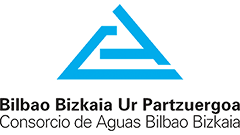
Direct FEM (Finite Element Method) simulation of a s torm in a drain tank
Controlling density and flow fields help to flush efficiently tank water in a tunnel. Developing a simulation support for a successful design of a storm tank with an automatic cleaning system and identification of parameters which have major influence in the flushing section.
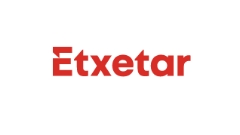
Reduction of beam deposition processing time within the framework of “FRACTAL - Development of Spanish-Technology-Based Advanced Manufacturing and Prototyping Systems for Strategic Components via Laser Assisted Powder Sintering”
Design a suitable powder feeding system to be used with the laser device developed by ETXE-TAR.
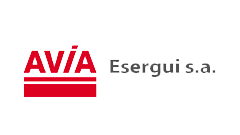
Analysis of oil price market
Better understanding of the market data is crucial to determine the oil price. Studying the adjustments in the pricing policy considering probabilistic approaches and scenario analysis in order to develop efficient support for decision making, and risk analysis.
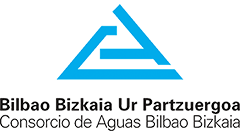
Optimal management of water supply
Study and develop statistical methods for the analysis of the historical series of the contributions to the main water supply systems in Bilbao.
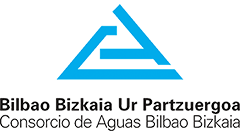
Daily water reservoir inflow estimation for water resources management
Study of the relationship between the presence of SARS-COV2 in waste water treatment plants and the incidence of COVID-19 positive cases to develop a surveillance system for early detection of outbreaks.
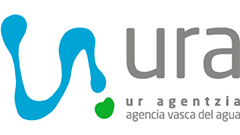
Statistical Modelling of SARV-COV2 in waste water treatment plants for the early detection of COVID-19 outbreaks in the Basque Country
Study of the relationship between the presence of SARS-COV2 in waste water treatment plants the incidence of COVID-19 positive cases to develop a surveillance system for early detection of outbreaks.
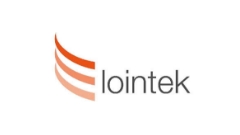
Numerical evaluation of flow and heat exchange impact of grid baffle
Better understanding of the flow and heat treatment in the baffle with the aim of improving the design of the heat exchanger.

Upscaling of effective elastic velocities from lab to reservoir
Design and develop a numerical software for extrapolating effective velocities measured on cores at the Digital Petrophysics Lab.

Quantitative biomedicine for health and disease
Bring the human health and its pathologies onto the language and methods of quantitative sciences, like mathematics and engineering.

Computational modelling for radiofrequency cardiac ablation
Mathematical modelling allows a more accurate diagnosis of cardiac tissue. The computational results will be compared with the experimental data in order to improve the treatment of cardiac arrhythmias.

Statistical Analysis of SeniorGrowth Assessment Tool for Quality of Life of Senior People
Analyse the data collected to improve the Quality of Life of senior people.

Evaluation of the innovation questionnaire and proposal of statistical techniques for data analysis
To evaluate qualitatively the innovation questionnaire and provide statistical assessment for the analysis of the collected data.
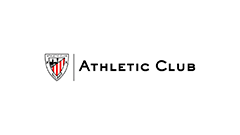
Data Analysis for injuries prevention in a professional team
Development and implementation of statistical models and machine learning techniques to predict sport injuries and support the team management.
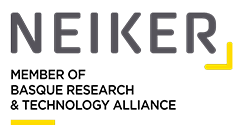
Map generation with the spatial prediction of erosivity and erodibility of the Basque Country
Calculation of “R” factor for each meteorological station in order to build the maps of erosivity and erodibility of the Basque Country by spatial prediction.
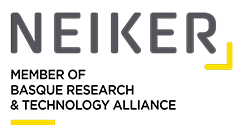
Calculation of erosion factor in climate change scenarios
Estimate the R factor of soil erosion for the Basque Country and project these maps under climate change scenarios.

Predicting discrete streaming and irregularly spaced time series with missing values
Analyse the available data and propose methodologies for the prediction of the time series of users' locations.

Advice on mathematical modelling to optimize the glass manufacturing process
Analyse data collected by Vidrala and provide them with an action plan to improve their processes.

Predictive algorithm for solar trackers batteries performance
Development of machine learning algorithms to detect failures and the early ageing of batteries in solar trackers.
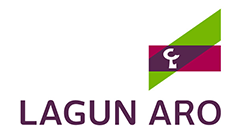
Definition of guidelines for the optimization of the customer retention model of Lagun Aro
To predict the probability of renewal or non-renewal of a insurance policy in the automotive sector.
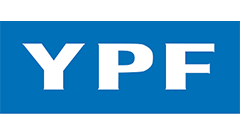
Definition of guidelance for the performance optimization of the foaming process in the factory
Data analysis and development of mathematical models for performance improvement.
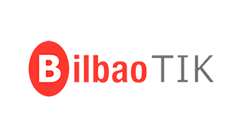
Data Analysis for WiFi users profiling
Development and implementation of an application to profile the users of the WiFi network of the city of Bilbao.

Proposal and implementation of mathematical models for performance prediction based on the profiling of Runnea Academy users.
Find the different profiles of common runners and identify these patterns in future runners. This will allow to follow the evolution of the different profiles at different moments of the planned schedule in order to be able to redirect the training.

Predicting the biological age
Advisory tasks on the problem of estimating the biological age. For this purpose, we have loof for and analyze the most relevant literature regarding biological age clocks using different types of biomarkers, as well as analyzing the clocks developed by other start-ups in the pharma sector.
